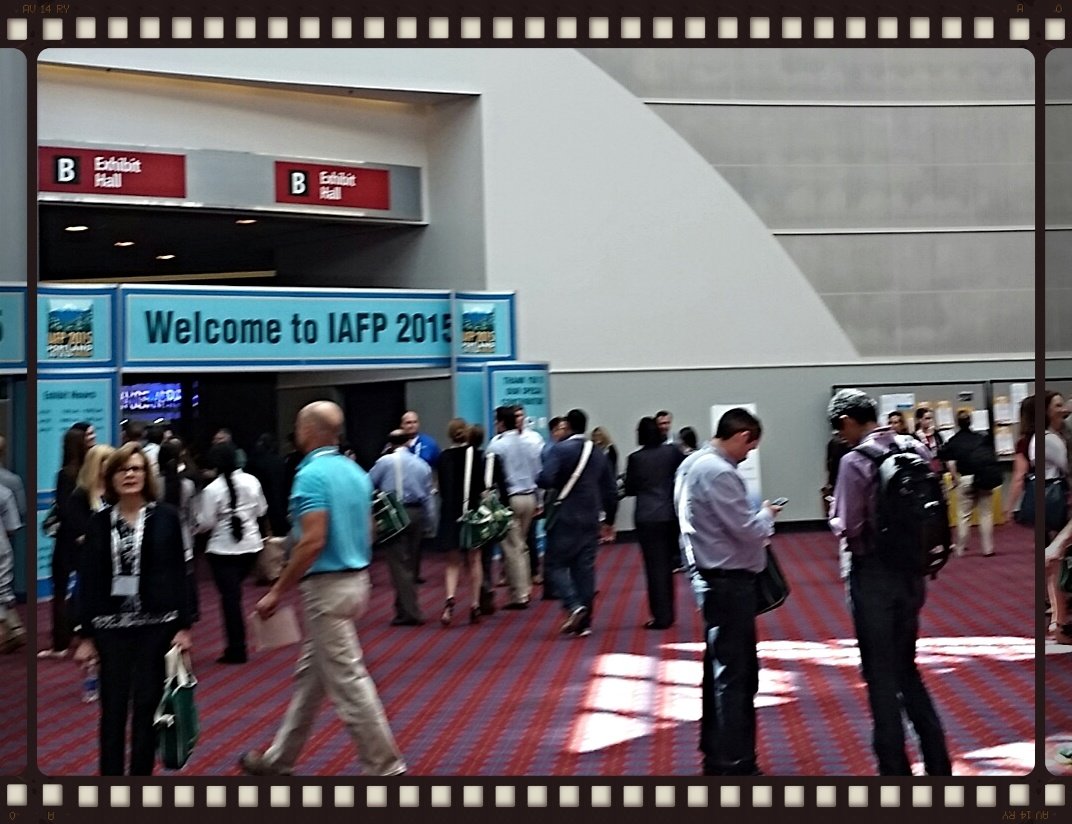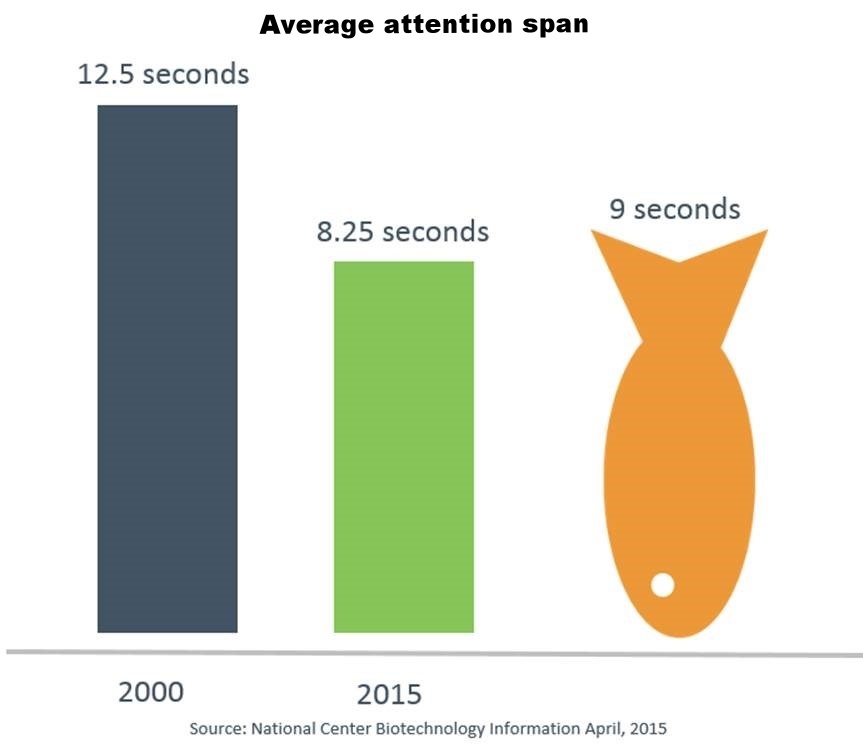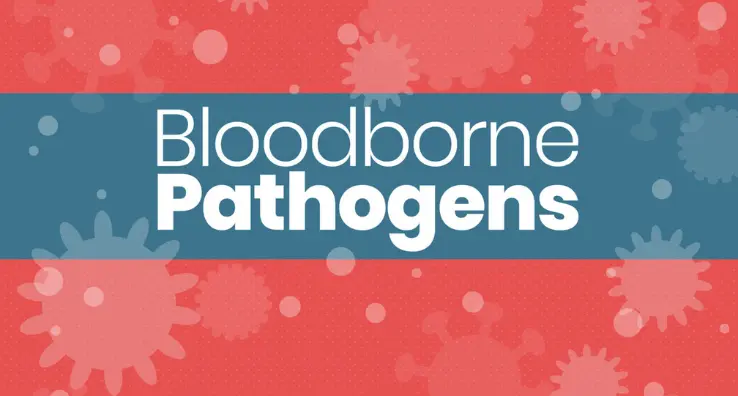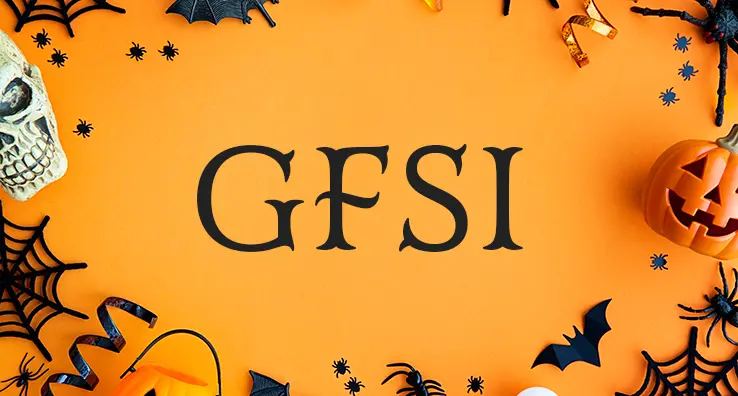IAFP Conference: Observing the Future of Food Safety Education

I recently attended the annual IAFP (International Association of Food Protection) conference in Portland, OR. I can honestly say this conference really improves each year. Portland was a beautiful city to host this event and the wide variety of topics discussed did not disappoint. From the latest in research, to food fraud to sanitary design, to recent industry events, to updates on regulation – there was an abundance of information to stimulate the mind of every stakeholder in attendance.
My only regret is that I couldn’t be in more than one place at a time as there were concurrent sessions that I had interest in attending and I had to pick one or the other.
Throughout the conference, I noticed that one topic seemed to weave its way through several of the sessions. Encouraging learning and knowledge retention has become a bit of a challenge all the way from top-tier academia to the food industry front-line. Without a doubt, the way in which people learn and retain knowledge has seen a seismic shift over the last several years.
Dr. Ben Chapman of North Carolina State University highlighted the difference in millennial learning styles and noted that it has caused college professors to begin breaking up lectures into smaller lessons. Educators now include several breaks so students can check text messages. Talk about irony – throughout the conference every audience was filled with industry professionals and students who were checking their phones at a fast and furious pace looking for their latest texts, emails, and current events, often missing key points to each presentation.
A recent Gallup poll even backed up my observation. The data showed 58% of people over the age of 30, and 44% over the age of 65 reported they, “can’t imagine life without a smartphone.”
I agree that a generational difference does exist, but what I observed indicates all learners, regardless of generation, have changed. We have all become mesmerized by the availability to have instant information (meaningful and otherwise) at our fingertips. That information has morphed into bite sized, attention grabbing forms and formats that can be quickly and easily digested or disregarded. Without a doubt, this shapes the future of how we approach food safety education.
Some thoughts that really “hit home” from IAFP 2015:
-
All learners, regardless of generation, have shrinking attention spans. Studies show the current, average attention span is only about 8.25 seconds – less than a goldfish! That fact should be considered in the construction of any training and reinforcement programs.

- It’s really hard for all of us to pay attention for long periods of time, especially with phones and tablets at our fingertips ready to give us late breaking news and information.
- With all of this information streaming on mobile devices, managing distractions has become critical to learning and knowledge retention.
- Providing knowledge in bite sized pieces that are attention grabbing and easy to process may help to compete with all of the other distractions learners face, regardless of educational level.
The time has come for us to review how we teach, educate, train and transfer knowledge. For all learners (and conference attendees), the ability to pay attention for long periods of time is becoming a lost art.
Meet #AlchemyConference spotlight speaker and IAFP Education Committee leader Lone Jespersen






